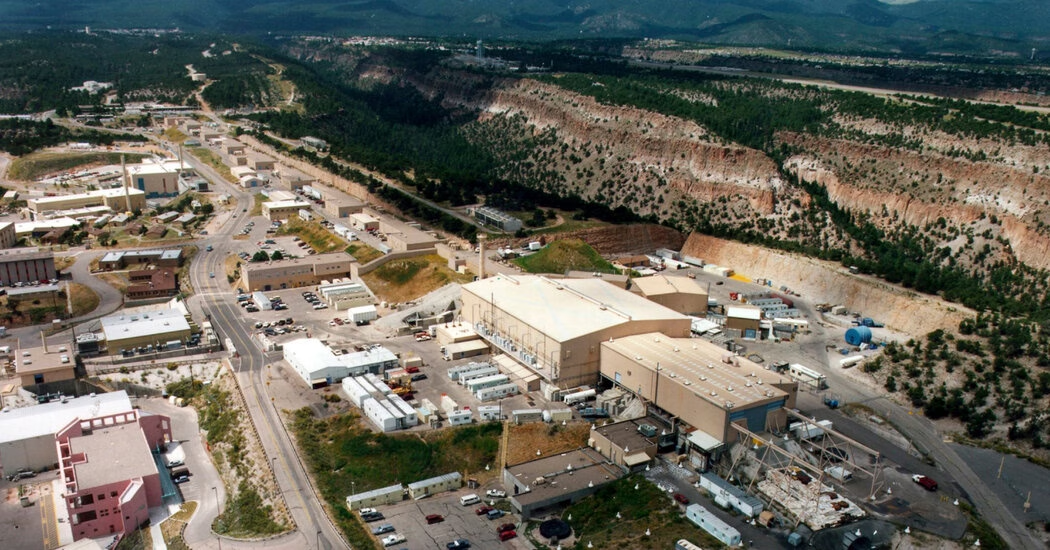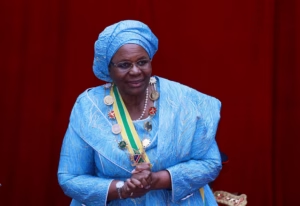The U.S. has dismissed as “blatantly false” the French government’s claim that a scientist was denied entry to the US due to his opinion about the Trump administration, according to Tricia McLaughlin, a Department of Homeland Security spokesperson.
Despite France’s continued concern over academic freedom, Ms. McLaughlin stated that the scientist’s denied entry was for reasons unrelated to his personal beliefs.
The French researcher, who was in possession of confidential information from Los Alamos National Laboratory in breach of a non-disclosure agreement, admitted to and tried to hide the unauthorized possession of this information, Ms. McLaughlin stated late Thursday.
Philippe Baptiste, France’s Minister for Higher Education, stated that the unidentified scientist, specializing in space research, was traveling to a conference near Houston when denied entry.
Mr. Baptiste claimed the scientist was denied entry because his phone contained personal opinions on President Trump’s scientific policies in messages to colleagues and friends.
Ms. McLaughlin rejected this, stating that any claim the removal was based on political beliefs is false without providing more details.
It is unclear when or how the scientist might have worked with or interacted with Los Alamos National Laboratory, which is renowned for its role in developing the atomic bomb and now serves as a top research facility for the National Nuclear Security Administration, conducting scientific work on various other topics.
The scientist works for France’s National Center for Scientific Research. His representatives have not commented on the media or the Department of Homeland Security’s allegations against him.
Mr. Baptiste’s office, who previously led the French National Center for Space Studies, did not respond immediately.
On Friday, Mr. Baptiste repeated his claim that the scientist was targeted due to private discussions and opinions about Trump’s policies.
He acknowledged that each country can regulate its borders but expressed concern that this case is “extraordinarily atypical”.
The French Academy of Sciences also expressed concern, stating in a statement that the scientist’s deportation undermines the fundamental freedoms of the academic world: freedom of thought, expression, and travel.
Zolan Kanno-Youngs reported from Washington D.C., and Ségolène Le Stradic from Paris.
Source: https://www.nytimes.com/2025/03/21/world/europe/us-france-scientist-entry-trump.html





